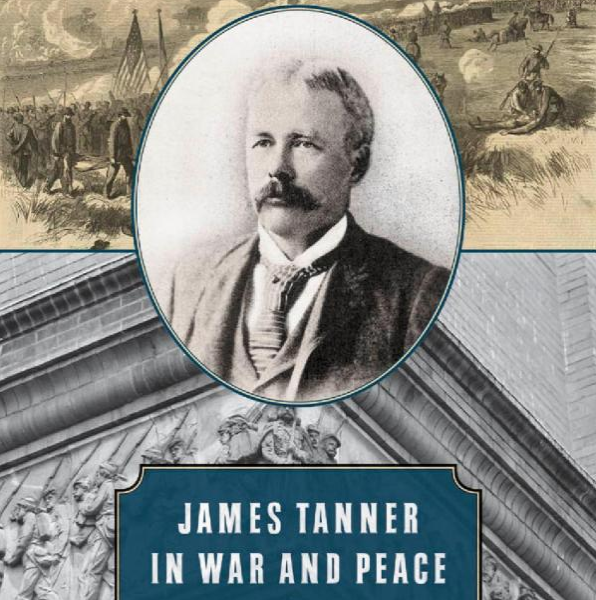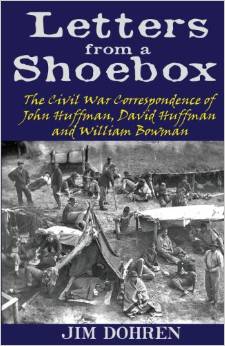Oracle of Lost Causes: John Newman Edwards and His Never-Ending Civil War chronicles the many twists and turns in the life of its eponymous character, John Newman Edwards. Edwards gained notoriety in the mid-nineteenth century as a writer and newspaperman. He helped pen stories about famous historical figures such as Jesse James, the infamous outlaw; “Bloody Bill” Anderson, the Confederate guerilla war soldier; and William Quantrill, the Civil War-era mass murderer. In Matthew Hulbert’s estimation, Edwards’ writings “produced immortality for other men,” but his own fame faded into obscurity with the passing decades—until now (266).
Hulbert’s mission is to excavate the storied life of Edwards, not simply for the interesting tales it includes, but for what his life can tell us about the Civil War and its far-reaching implications. Indeed, Hulbert is engaging in the rapidly expanding bodies of literature that look at the western theater of the Civil War as well as the conflict’s place in broader sociopolitical revolutions of the time. As Hulbert writes, we must rethink “the War as just one struggle in a series of uprisings and revolutions that shook the western world in the nineteenth century” (xxix).
Hulbert reads Edwards’ adventures as a “grand collage of nineteenth-century America,” one which exemplifies the enduring influences of the Civil War (267). For instance, in chapter four, Hulbert tracks Edwards and his Confederate regiment to Mexico, where he befriended Emperor Maximilian and Empress Charlotte, the French-instated rulers who represented (at least to Edwards) the ‘Old World’ regime he had idealized his entire life and had fought for during the war. In Mexico, Edwards and his commanding officer and life-long friend, Joseph Orville Shelby, offered their services to the monarchy, hoping to find a new cause to fight for after the collapse of the Confederacy. While these “Confederados” were politely turned away by the crown, the group was permitted to settle in Cordoba, where they set about establishing a planter society like the one they had lost (113). Although this episode was short-lived, such an event demonstrates the expansive nature of Lost Cause ideology and its determination to survive beyond the chronological and geographical confines of the American Civil War.
Although John Newman Edwards’ life took him far from home, his writings and audience were decidedly more domestic. Hulbert explores how Edwards was perhaps the quintessential ex-Confederate; he believed wholeheartedly in a past that never was, brimming with heroes, damsels in distress, and strict hierarchies. Unlike his fellow comrades, however, Edwards was uniquely positioned to craft this vision of southern society as a writer, newspaperman, and all-around adventurer. To that end, Edwards’ writing helped to shape Civil War memory by propagating a highly romanticized and exaggerated version of the South. Edwards constantly sought to make this version of the South into a reality. Edwards “was a fanciful chronicler of what might have been, even as his literary endeavors sought to shape the memory of what had actually been,” Hulbert writes (xxi). Despite this critique, Hulbert takes a somewhat light-hearted view of Edwards and his life—one which, at times, may efface the severity of the damage that Lost Cause advocates like Edwards inflicted upon future generations.
Hulbert’s work is exceptionally well-written, reading more like a novel than a monograph. Some scholars might find this writing style better suited to works of fiction; indeed, Hulbert is prone to expound on Edwards’ innermost thoughts and feelings beyond what is typical, or possible, in most historical monographs. Despite this, Hulbert’s work should be praised for its ability to engage both the historian and history enthusiast alike. Overall, Oracle of Lost Causes is an entertaining and informative read that is pushing the field of Civil War history in new and exciting directions–both in its style and content.
Summer Perritt is a Ph.D. candidate in the Department of History at Rice University.





